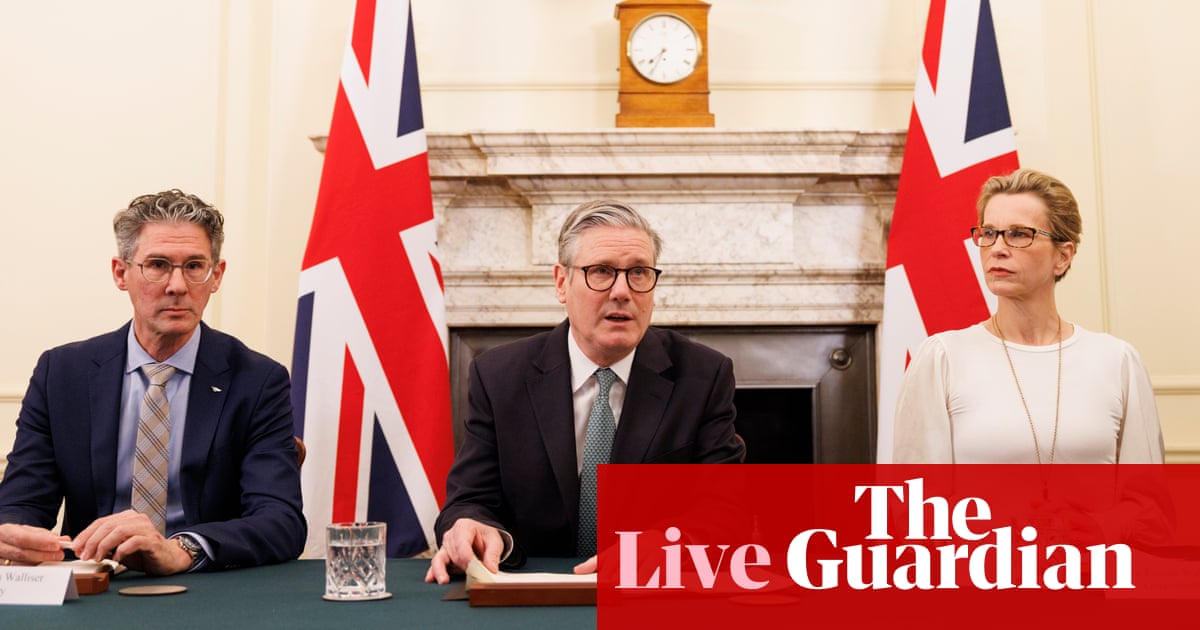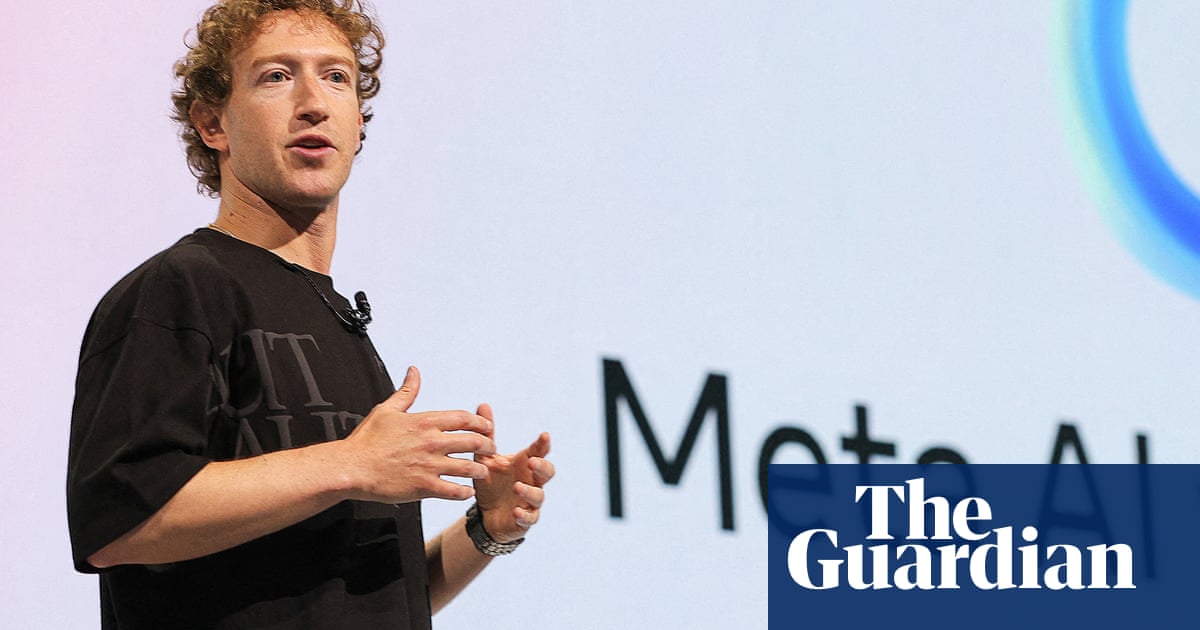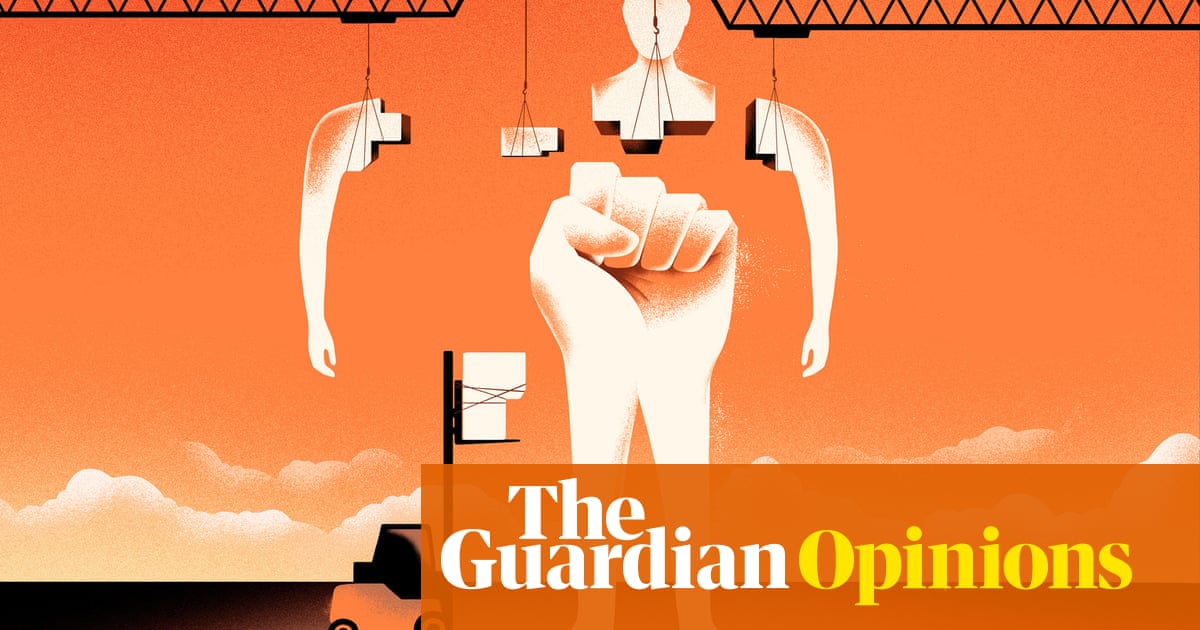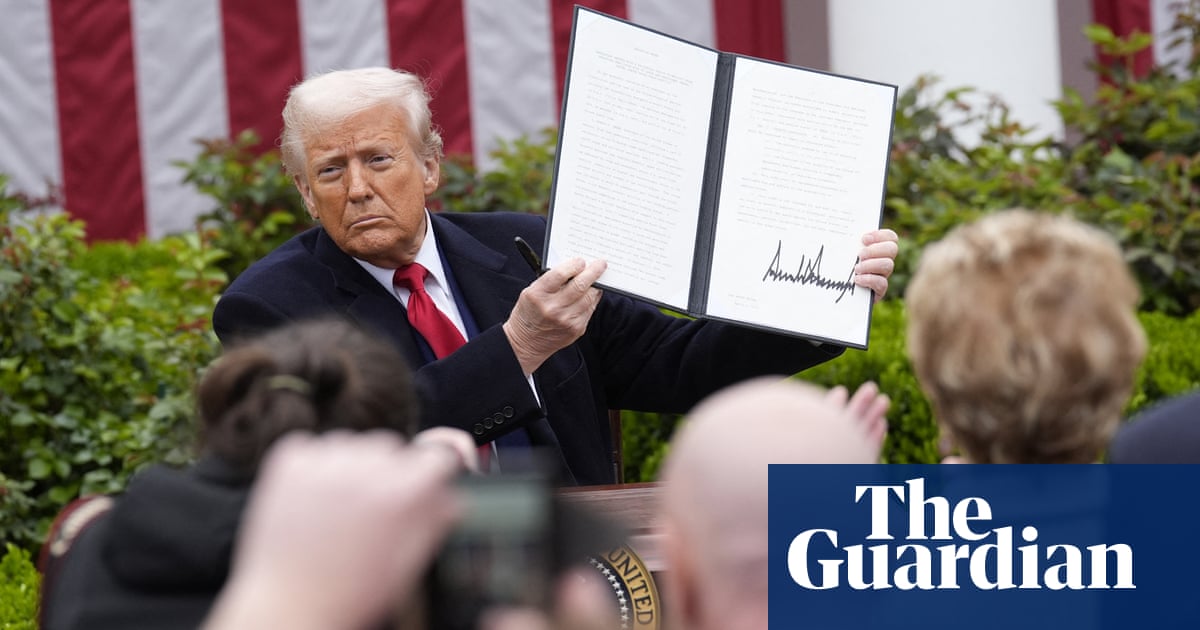Jonathan Freedland’s stark warning is justified (We cannot afford for Starmer’s government to fail. Because Farage is lying in wait, 6 December). A resurgent narrow nationalism, blaming immigrants for the UK’s squeezed living standards and underfunded public services, could replace Labour in office if Starmer’s growth strategy falters over the next few years. Donald Trump’s protectionism and corporate tax cuts could shortly attract yet more overseas investment to an already strong US economy, further weakening economic recovery here.
Labour does need to demonstrate practical improvements that voters will recognise. A closely related deep problem also requires attention. A period of economic pessimism and disillusionment with conventional British politics makes many people feel powerless, unable to control their destinies – a sentiment often manipulated by hard-right nativists promoting social division. To counter this, voters need a personal stake in democracy, through genuine experience of collective debate and real public accountability.
That is why stronger trade unions, tenants’ associations and similar local democratic organisations are key to offsetting rightwing populism. Labour can do more to boost these organisations. Steps to improve parliamentary standards and better codes of conduct at Westminster are welcome, but a broader democratic culture is essential to restore people’s sense of control over their own lives. “Delivery” is important, but it is not enough.
John Chowcat
Bridge, Kent
Jonathan Freedland is surely right to state that people are not won over by statistical targets, but by what is felt to work in their daily lives; and that messaging alone cannot do the job of inspiring hope. But his call for the present government to deliver good things for people is still framed in terms of democracy being about what benevolent rulers can offer to rapacious consumers. In such a relationship, the fantasy politics of populism is always likely to win.
People turn to the magical thinking of demagogues like Nigel Farage when their experience tells them that they have no meaningful voice in the big decisions of democracy. Countering the populist threat entails proving to people that their voices really do count. This calls for an unprecedented democratic communication strategy designed to bring together the values and preferences of all communities in an ongoing political conversation.
Stephen Coleman
Professor of political communication, University of Leeds
Jonathan Freedland’s article regarding lower prices for basics, eggs and milk, reducing NHS waiting lists and seeing your GP might sound short-termist, but it’s what people want, what people can physically associate with. Talk of inflation and the retail prices index doesn’t mean diddly-squat to people feeding their families, living hand-to-mouth every day and trying to see a GP. It’s the now we want, not tomorrow.
Anthony Papadopoulos
Brighton
Jonathan Freedland is absolutely right. People certainly need to feel an improvement in their lives, but they also need to stop blaming migrants and people seeking asylum for their ills. While this Labour government continues to echo the ugly rhetoric and fearmongering of the Tories and the far right, it will play into the hands of popular nationalism.
Colleen Molloy
Leicester
Jonathan Freedland writes of the naivety of our new government. Surely what a radical government needs is an account of who we are – and also, possibly more important, who the enemy is. Populists realise this, and successfully promote both.
Rodney Barker
Emeritus professor of government, London School of Economics

.png) 3 months ago
30
3 months ago
30













































